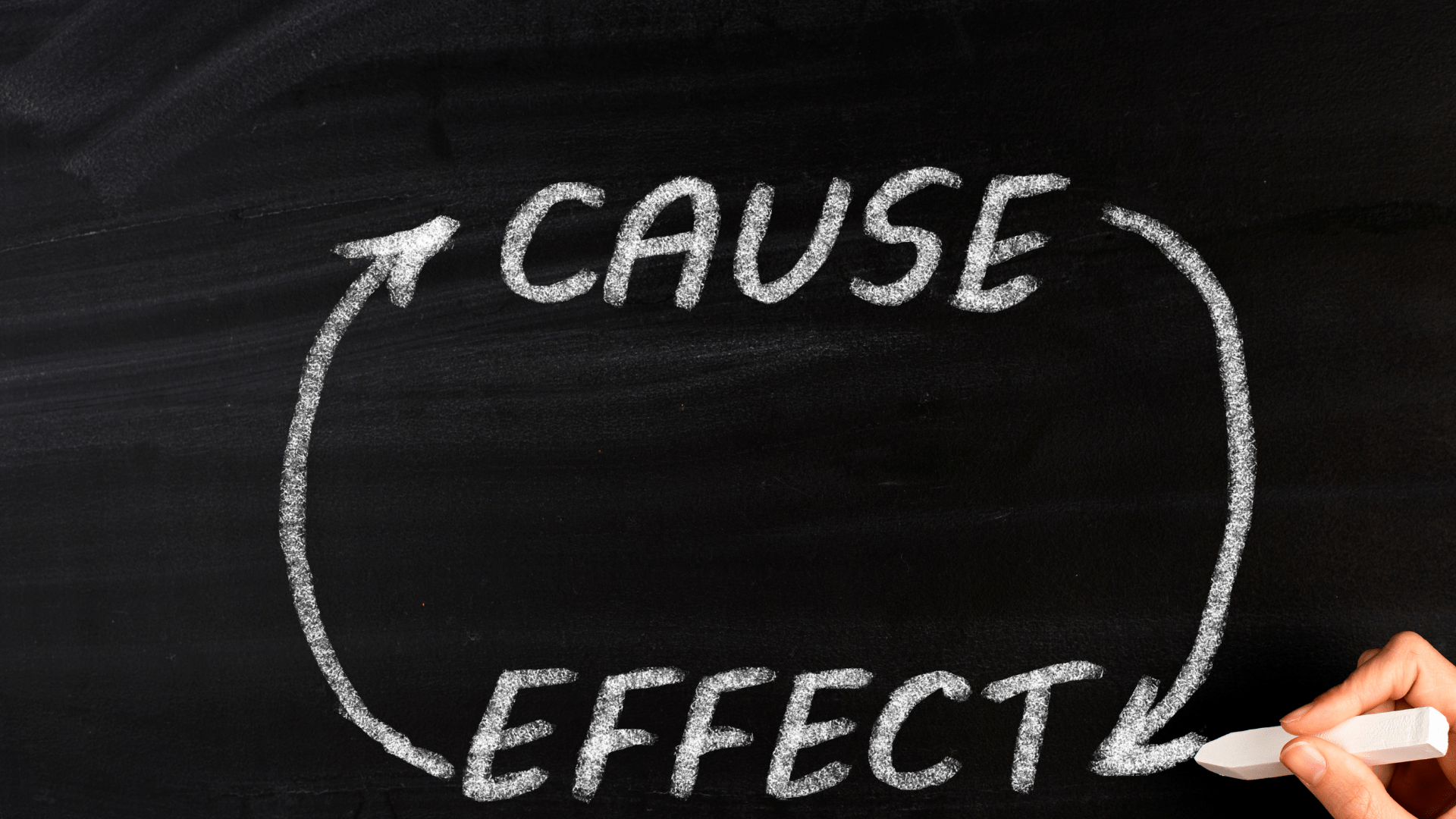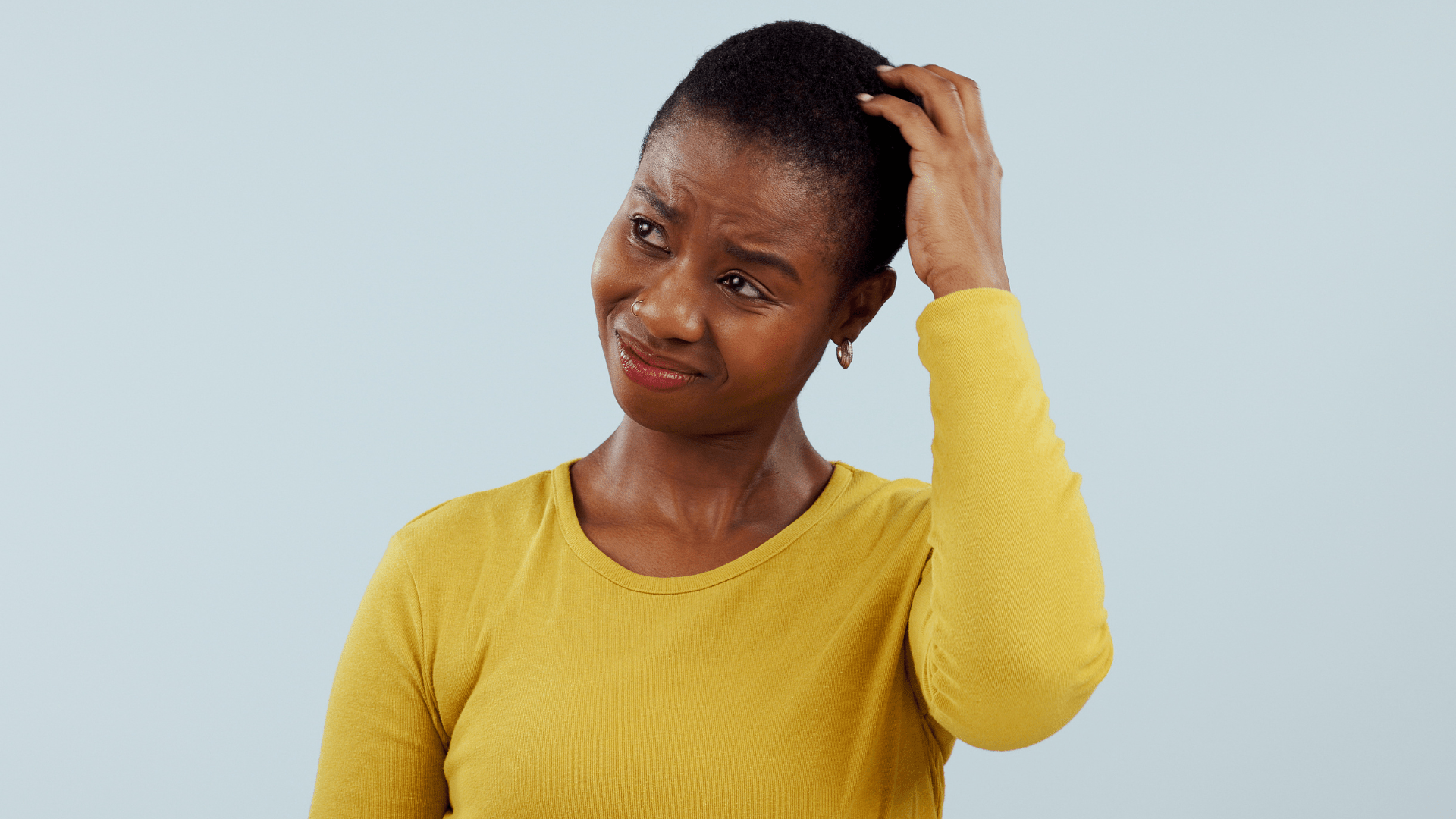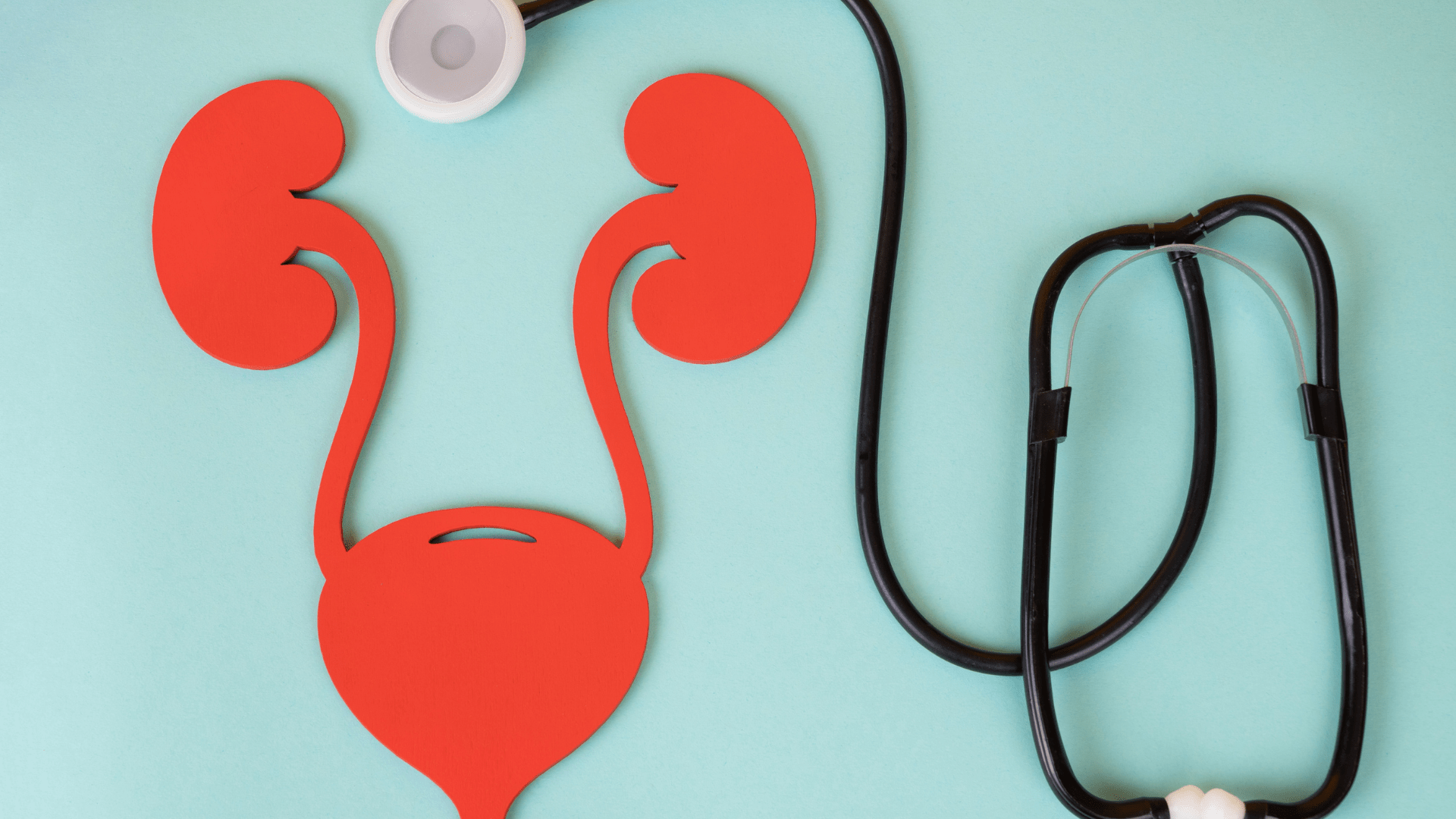It’s been a month (or more) since you last saw your period.
You’ve turned into a crazy mathematician calculating your fertile window, and when you last had sex, you’ve bought countless pregnancy tests from the pharmacy near you, and they’re probably looking at you all weird now, and you even went to the hospital for a blood pregnancy test or a scan.
The results? Negative!
Now, you’re scratching your head and maybe pulling your hair out, wondering why your periods have decided to ghost you when you did nothing wrong.
Let’s unpack it all. No, it’s not a spiritual problem. We’re talking hormones, stress, and other common reasons your period might be late (aside from pregnancy), and what you can do about it.

Stress
Whether it is work stress, relationship problems, or any other type of stress that comes with being an adult in the 21st century and messes with your soft girl lifestyle, stress is one of the chaotic causes of missing periods.
When you’re stressed, your body is in “survival mode” and releases cortisol, the stress hormone. This can mess up with your other hormones, particularly the ones that are responsible for regulating your menstrual cycle. Your body can put a pause on ovulation, and no ovulation = no period.
What to do: Try to reduce stress in small and sustainable ways. Rest well, try some yoga or meditation, and do the things you love doing. Your hormones will thank you.
Weight Fluctuations
Your period likes stability, and sudden weight changes are major ops.
Very low body fat can cause oestrogen levels to drop, ovulation to stop, and periods to check out.
On the other hand, sudden weight gain or obesity can lead to excess oestrogen levels, which can also throw off your cycle and lead to irregular or missed periods.
What to do: Your body needs balance, not drama. So, aim for slow and consistent changes and nourish yourself with the right healthy foods.
Polycystic Ovarian Syndrome (PCOS)
If you’re dealing with persistent acne that you thought you left as a teenager, random facial hair on your chest or chin, deep voice changes, and irregular periods that come when it feels like it, then you’re probably dealing with PCOS.
PCOS is a hormonal condition when your body produces too much male hormones (aka androgens), which can throw your menstrual cycle off balance and delay or stop ovulation.
What to do: If you suspect you have it, talk to your doctor about choosing the right treatment plan for you.
Thyroid Disorders
Your thyroid is a small but mighty organ that regulates your energy levels, metabolism, hormones, and yes, your menstrual cycle. So, when it is out of balance, your menstrual cycle can get confused, too.
There are 2 main types of thyroid disorders:
- Hyperthyroidism (overactive thyroid): You’re sweating like crazy, losing weight without trying to, feeling anxious for no good reason, and your periods might be lighter or totally absent.
- Hypothyroidism (underactive thyroid): You’re cold all the time, even when others are sweating, get tired easily, gain weight even without eating much, and your periods might be heavier, longer, or just disappear.
The thing is that thyroid disorders affect the thyroid hormones, which regulate the signal between your brain and ovaries, and can affect ovulation. So, when they are out of whack, your periods can go missing.
What to do: If you think you fall into this category, speak to a doctor. A simple blood test can check your thyroid levels.
Hormonal Birth Control
Starting, stopping, or even being on hormonal birth control can affect your period. Some are actually designed to make your periods lighter or stop them altogether, so it’s not a glitch in the system.
On the flip side, if you’ve just come off the pill or gotten your IUD removed, it might take your body a minute (or a month or two) to rebooth to its natural hormonal rhythm and remember how to ovulate again. This is also normal.
What to do: If you recently switched birth control methods or stopped using them, give your body some time to recalibrate. However, if your period doesn’t return in 2–3 months, it’s time to check in with your doctor.
Perimenopause
You’ve seen the “menopause” part of this heading and said, “This is not me! I’m a young babe in her 30s”. The truth is that perimenopause (the hormonal changes that start before menopause) isn’t just for your mum’s age group. For some people, hormone shifts can start in their late 30s or early 40s, and one of the first signs is a period that shows up late, then early, then not at all, like it’s trying to keep you guessing.
Other symptoms you might experience could include night sweats, hot flashes, mood swings, lower libido, or even sore boobs.
What to do: If you suspect you have this, your doctor can run hormone tests to confirm if you’re in perimenopause and guide you through what to expect.
Medications
Some medications have “delay or mess with periods” in very tiny fine print, which you probably missed.
Some of these include drugs like antipsychotics, some antidepressants, chemotherapy drugs, corticosteroids, hormonal therapy, and yes, even emergency contraception like Postinor.
What to do: If you recently started a medication and your periods vanished, talk to your doctor.
Over-Exercising or Under-Eating
If you’ve suddenly gone intense fit-fam gym babe mode without eating enough to fuel it, your body might see that as you starving. Your periods might just go missing as a result.
This is common in athletes and anyone pushing their body too hard while not eating enough.
What to do: Balance your workouts with enough food, rest, and recovery time. Don’t “over-squat” your hormones.
You Ovulated Late
Not every late period is deep and mysterious. Sometimes your body just ovulates late. Maybe stress or illness pushed ovulation back, and your period is just taking a slight detour.
What to do: If you’re not pregnant and your cycle returns within the next few weeks, you’re probably fine. But if your period ghosts you for longer than 6 weeks? It’s time to see your doctor.
When You Should See A Doctor
- It’s been more than 6 weeks, and you’re not pregnant.
- You’ve missed 3 periods in a row.
- You’re suddenly getting weird symptoms (headaches, vision changes, nipple discharge, etc.)
- Your cycle used to be regular, but now it’s chaotic,
- Or you just feel like something’s off. Trust your body and listen to it.
Final Thoughts
Periods don’t just disappear for vibes. There’s always a reason, whether it’s stress, hormones, health conditions, or lifestyle shifts.
Now that you know the common ones, take a deep breath, stop panic-Googling every 5 minutes, and talk to your doctor.
If you’d like to speak with a doctor, click here to get started.
References
Amenorrhea – Gynecology and Obstetrics – MSD Manual Professional Edition
Amenorrhea: Types, Causes, Symptoms, Diagnosis & Treatment





